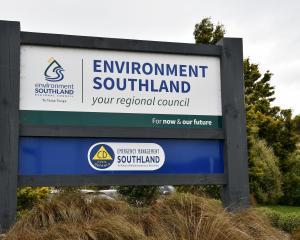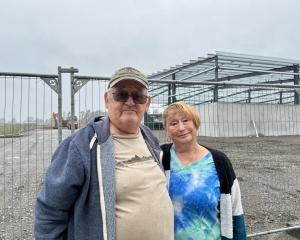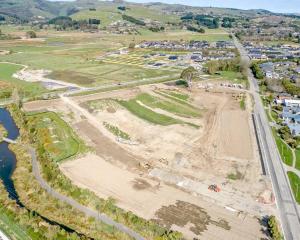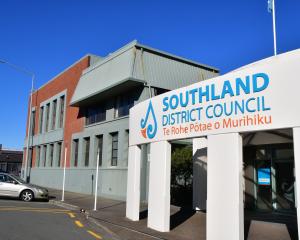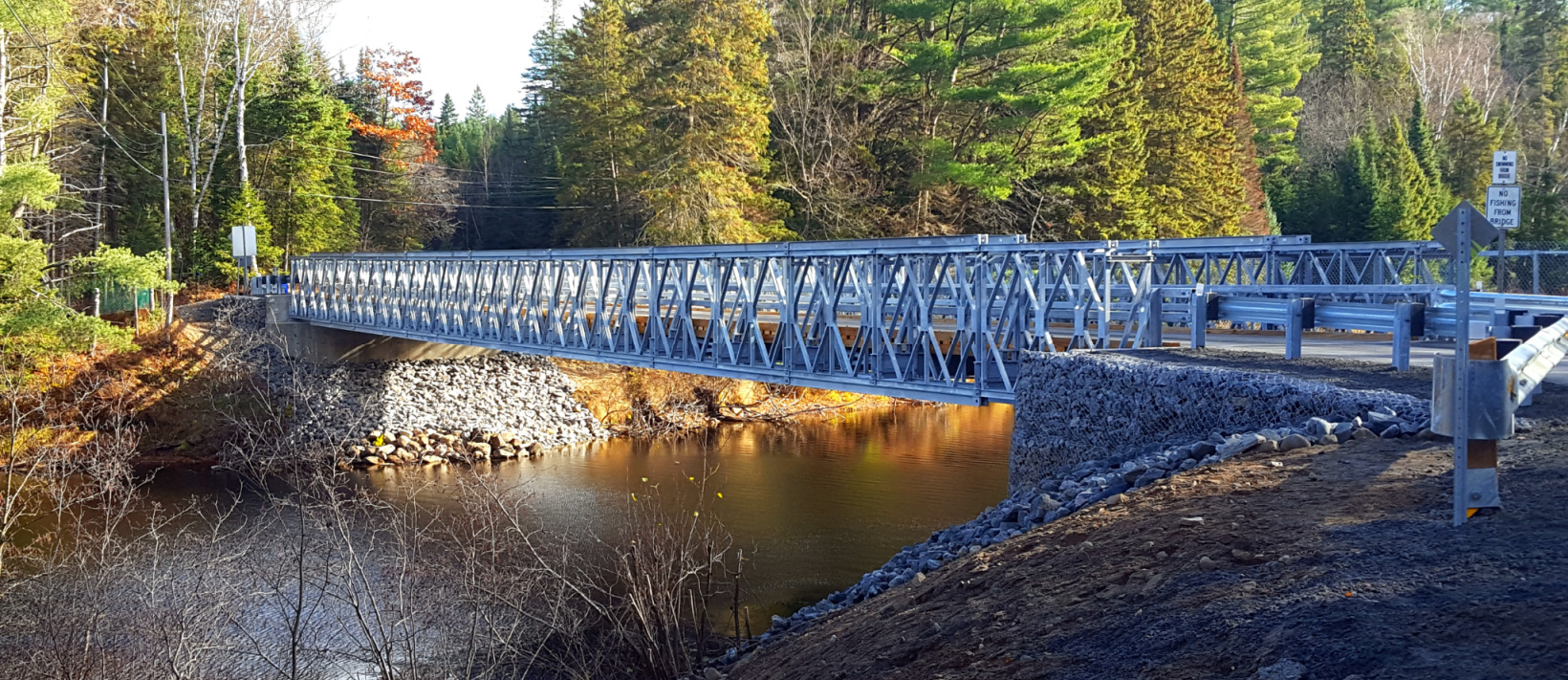
A Bailey bridge is a portable, pre-fabricated bridge, first developed by the British for military use.
NZTA normally keeps its South Island stock of the bridge kits in Christchurch and hires them out to councils around the motu as needed for up to five years.
But it trucked several South Island units to the North Island earlier this year after Cyclone Gabriel took out eight bridges on the East Coast.
West Coast Transport Committee chair Peter Ewen raised the topic at a council meeting in Greymouth this month as the region took a lashing from a relentless series of southerly fronts and weather warnings.
“Where are our Bailey Bridges - are they still up north, and when are they coming back? “Mr Ewen asked.
No-one knew.
He raised the question again at a South Island Regional Transport meeting on Monday.
NZTA officials confirmed the bridges that had gone up north for a while, were in fact still there and would be for some time.
But there was slightly reassuring news for the Coast.
“We were told there were still six Bailey Bridges in the South Island, another five new kits still going though quality assurance tests, and one large bridge due back from Blenheim before Christmas."
The units could each span 30 metres, but six would not be enough in a major emergency in the south and the west, let alone a disaster like the overdue rupture of the Alpine Fault, Mr Ewen said.
And getting them from Christchurch to the Coast in a disaster would be highly problematic.
“The passes could be out; we have the most rivers and the most floods, and we suggested that at least three Bailey bridges should be kept on the Coast at all times: one for Buller, one for Grey and one for Westland.”
A spokesperson for NZTA told LDR there were still at least 180 metres of Bailey bridge available in Christchurch and the same quantity in Hastings.
“For context, the SH6 Waiho/Waiau Bailey bridge is 170m long - that one took five 30-metre spans. If we needed to increase our stocks by a few more, we could make or repair some small new components, so there is some flexibility there.”
The make-do and mend strategy will be less critical once $15 million worth of bridge kits arrive in the country from America, the spokesperson said.
“NZTA has had Crown funding to buy 445 metres of new Acrow 700XS bridges from the US via their local agent Mabey Hire NZ, and the stocks will be equally distributed between our North and South Island depots.”
The Acrow bridges were the modern version of Bailey bridges, the spokesperson said.
“They look similar and do the same job, but they can span further and they’re a metre wider."
About two-thirds of the Acrow bridges were now in the country and the remaining kits were expected in January next year.
Sourcing parts would also be easier in future, the spokesperson said.
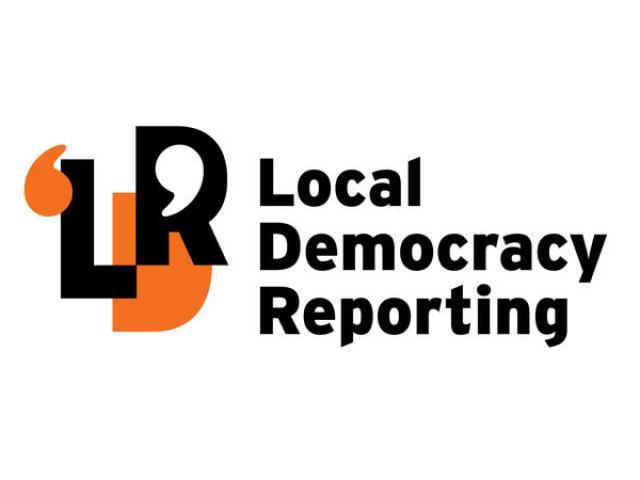
“Unlike our existing Bailey bridges which are WW2-era equipment, Acrow components are being made all the time.”
NZTA had deployed 622 metres of Bailey bridge in response to the North Island storms but would soon have 405 metres available on each island, the NZTA spokesperson said.
“So yes, we have the stocks to respond to another flood event, either on each island or nationally."
Mr Ewen said the suggestion of keeping a stash of Bailey bridges on the Coast had been standard practice in Ministry of Works days, and the proposal had strong support from Otago and Southland transport reps, who knew the importance of protecting State Highway 6 as their only road link with the West Coast.
NZTA has been asked for comment on the idea.
LDR is local body journalism co-funded by RNZ and NZ On Air.

